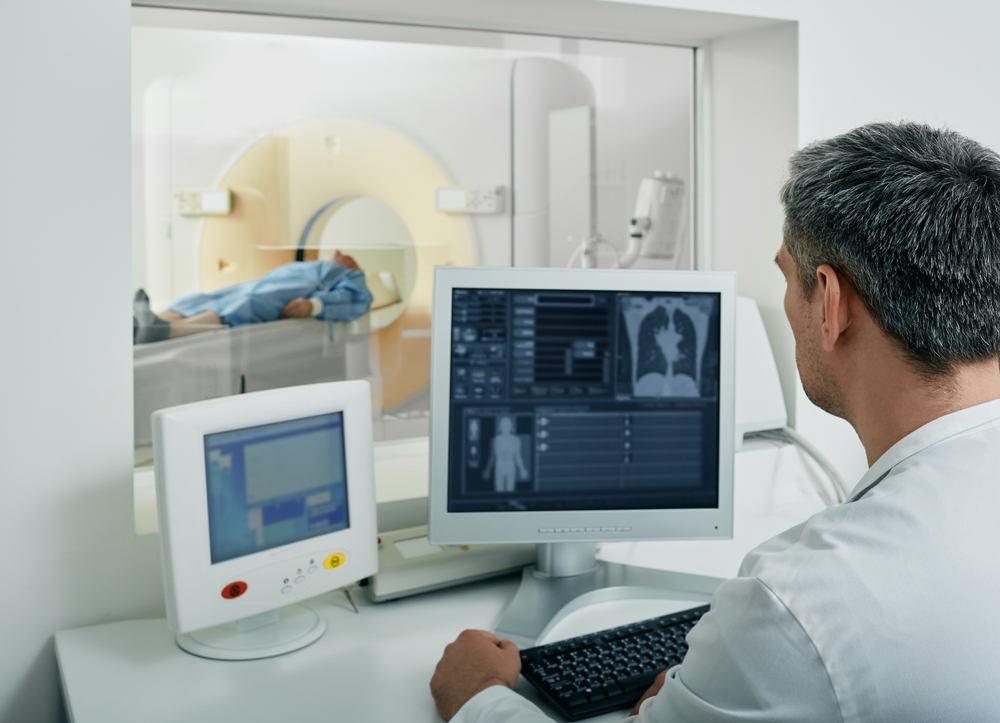Research
Study Pinpoints Ways to Help Prevent Cancellations of Screening Mammography
A recent Harvard study, published September 14 in JACR, helps pinpoint ways to prevent cancellations of screening mammography appointments. The research team, led by radiologists Nita Amornsiripanitch, MD, of Brigham and Women’s Hospital, and Adrian Jaramillo-Cardoso, MD, of Massachusetts General, utilized QI methodology (PDSA – Plan-Do-Study-Act)for their study. The team’s composition was critical — besides…
Read MoreEthnicity and Race Linked to Delays in Follow-ups for Mammograms
Black, Hispanic, and Asian women are almost one-and-a-half times more likely than white women not to follow-up on mammograms considered incomplete by the BI-RADS scoring system. The BI-RADS scoring system provides radiologists with a shared, standardized terminology to use as they describe and classify their findings. The system gives a score of 0 for exams…
Read MoreBridging the Digital Gap for Breast Cancer Screening
While radiologists update their practices with new technology, a study published August 30 in Radiology Business suggests that breast cancer screening locations should continue their non-digital channels — for appointment scheduling, participation in community health programs, as well as maintaining mobile mammography screening in mobile settings close to where patients reside. The study led by…
Read MoreTwo Studies Show that Expanded Eligibility for Lung Cancer Screening Doesn’t Eliminate Disparities
Although the U.S. Preventive Services Task Force’s (USPSTF)’s 2021 recommendations for expanded eligibility for low-dose CT lung cancer screenings, two studies revealed that expanded eligibility doesn’t translate into increased utilization of low-dose CT lung cancer screenings among Black adults. A study published September 2 in JAMA Network Open states that increasing eligibility alone is…
Read MoreThe Future of Amyloid-fighting Drugs Alzheimer’s Disease and Radiology
In the next few years, expect amyloid-fighting drugs to treat Alzheimer’s disease to be an emerging category of more commonly-used monoclonal antibodies. Researchers, led by Petrice Cogswell, MD, PhD, of the Mayo Clinic, recommend that both neuroradiologists and general radiologists become familiar with the treatment-related side effects caused by amyloid-related imaging abnormalities (ARIAs). The researchers’…
Read More



